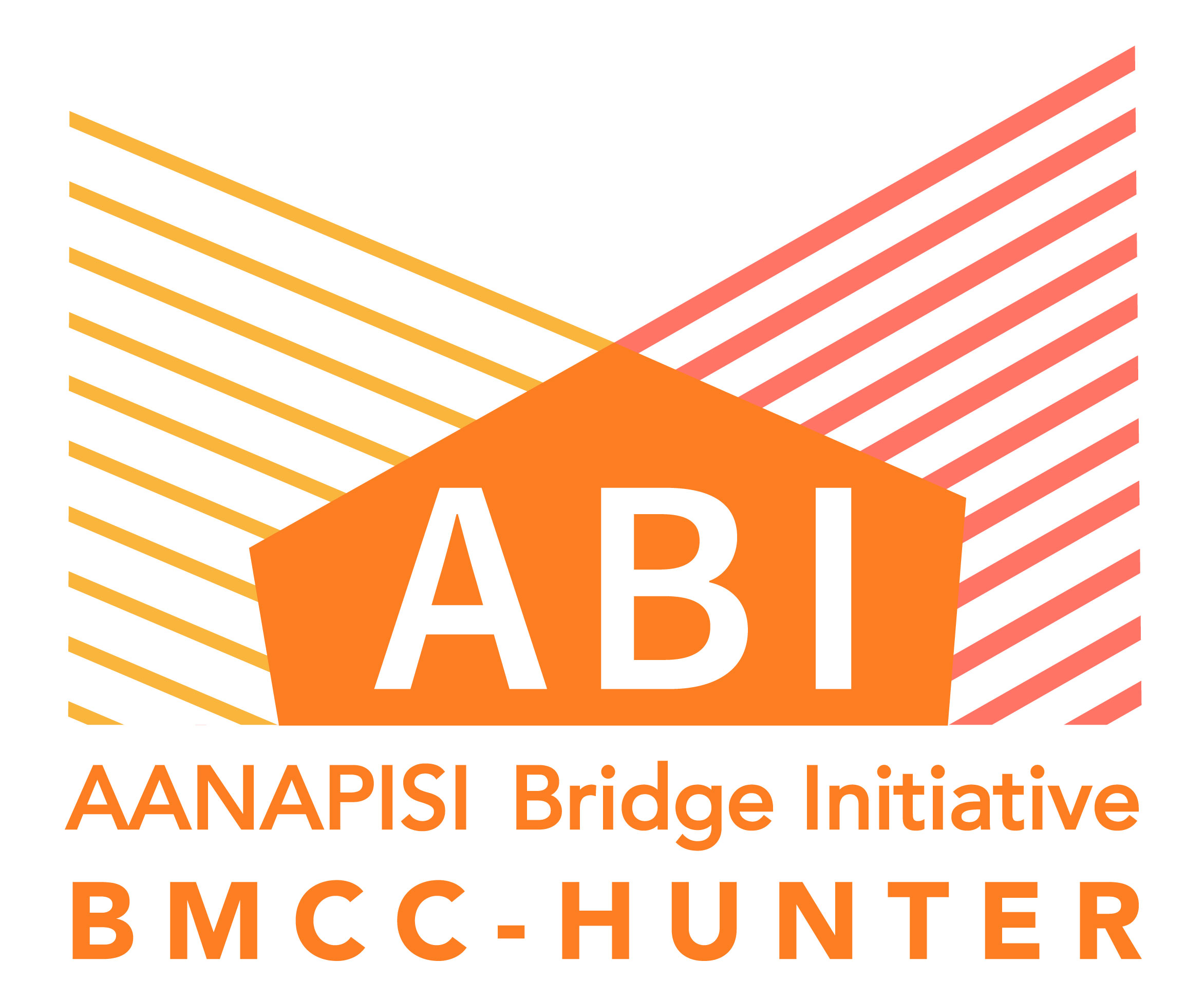Class information
ETH 100 – Introduction to Ethnic Studies
11 students
This course is an introduction to the interdisciplinary field of Ethnic Studies. Rooted in the intertwined movements of racial justice, anti-imperialism and liberated education in the 1960s and 70s, the formation of Ethnic Studies changed how race, inequality and the history of the United States is taught and studied. In this course, we will explore basic concepts and theories developed in Ethnic Studies in order to analyze the dynamics of racial and ethnic group experiences. The course will provide students with a better understanding of U.S. society through the examination of contemporary social issues and how they are impacted by race, ethnicity, class and gender. The course places emphasis on comparative Ethnic Studies methodologies which considers the relationships between different racial and ethnic groups, especially how they have been historically shaped and defined in relation to each other in a highly unequal world.
Project overview
I created a short writing assignment (3 page freeform response) based on the text “The Approaching Obsolescence of Housework” by Angela Davis (1981). The text delves into the intersectionality of gender roles, especially the association of womanhood with housework after the Industrial Revolution. In particular, Davis details the unique form of double discrimination Black women have faced with respect to gendered housework duties–from 18-19th century enslavement to domestic work of the 1940s-70s. Ultimately, she argues that cooking, cleaning, and child rearing, are arbitrarily assigned most to women of color, and she calls for a socialized approach to de-gendering these roles.
Why did you select this project? How does it relate to identity and purpose?
My students, in discussing this piece, tend to relate their own experiences of housework to the text. For example, they speak about how their parents split up work in the home, or the chores that they are expected to do based on gender roles. In the Spring 2023 iteration of the assignment, students were able to connect personally to the reading and discuss how gender roles have impacted their own lives and communities. It also made the discussion of the text much richer than in previous semesters, as students were engaged in what it meant to do housework, and what “productivity” means in a capitalist society.
What advice do you have for other faculty who would like to implement a similar project?
Related materials
No Title
No Description
Attached is the Angela Davis text I selected. And below are the questions I gave my students to write about:
Possible Discussion Topics for Response Paper Option #1
- Keeping in mind Davis’ argument about housework and womanhood, how does this text hold up to 21st century gender roles? Do you believe the expectation for housework continues for women today? Why or why not?
- What were the gender roles that you grew up with in your family or community? Do they align with the experiences Davis is speaking about? Were you expected to perform gendered responsibilities in your home?
- Was housework seen as a “productive” duty in your home? Or more of an expected task? What does Davis argue about how American society views “productivity?”
- How has your experience with housework affected your identity? Would you say it is connected to your cultural identity or sense of belonging – to a family, community, or group?


